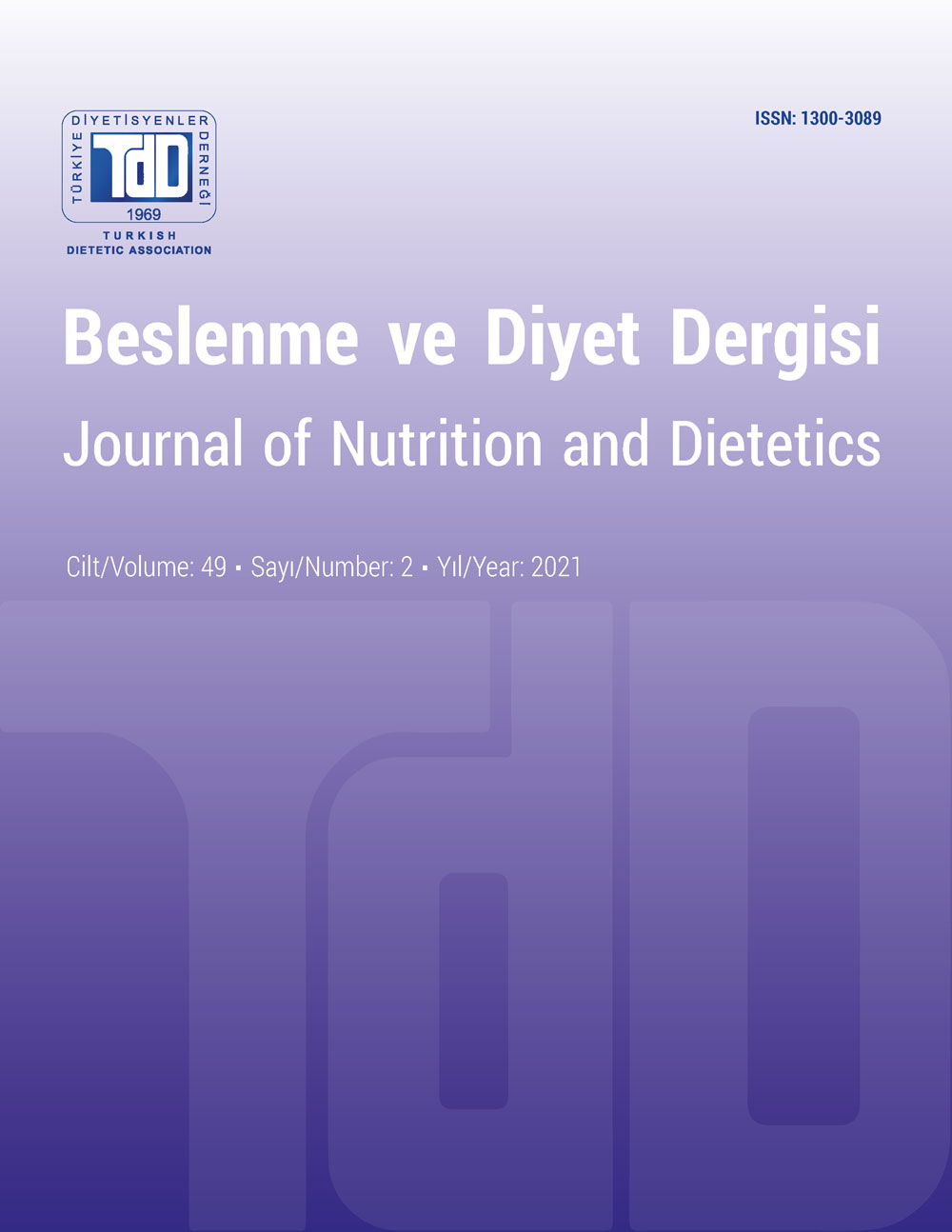Clinical and Nutritional Evaluation of Chewing Dysfunction in Children with Cerebral Palsy: A Case Report
DOI:
https://doi.org/10.33076/2021.BDD.1464Keywords:
cerebral palsy, mastication, nutrition, chewing disorderAbstract
The aim of this case report is; to present the results of chewing and nutritional status evaluation in a child with Cerebral Palsy (CP) who cannot consume solid food and to give recommendations for treatment. A three-year- and eleven-month-old quadriplegic girl was considered to have severe acute malnutrition due to her height for age and weight for age z-score was -3.7. According to Gross Motor Function Classification System, the score of the case was at level 5 and in Gross Motor Function Criterion A and B subsections was 23.9%. These results showed that the functional motor level of the case was low. In the evaluation of chewing performance; the case was at level 4 (no biting and chewing) according to the Black Duman Chewing Performance Scale. The child received 13 points from the Chewing Function Observation and Evaluation Tool. The result obtained from both scales showed that the case had severe chewing disorder. In order to determine the amount of energy and nutrient intake of the case, dietary intake was determined with the 24-hour dietary recall method. While most of the daily protein, vitamin and mineral requirements could be met with the diet of the patient, it was determined that only 78.6%, 58% and 15.8% of the energy, vitamin C and fiber requirements could be met, respectively. It was determined that all of his needs were met from fine liquid and fine pureed beverages and foods, and he did not consume foods that require chewing. Although a significant portion of the energy, protein and vitamin-mineral needs could be met in the case who could not consume solid food and this situation might lead to nutritional deficiency in the future and negatively affect the quality of life of both the child and the family. For this reason, the child should be evaluated in cooperation with a physiotherapist and dietitian in order to deal with chewing disorder in the early period and to create the necessary intervention programs.

